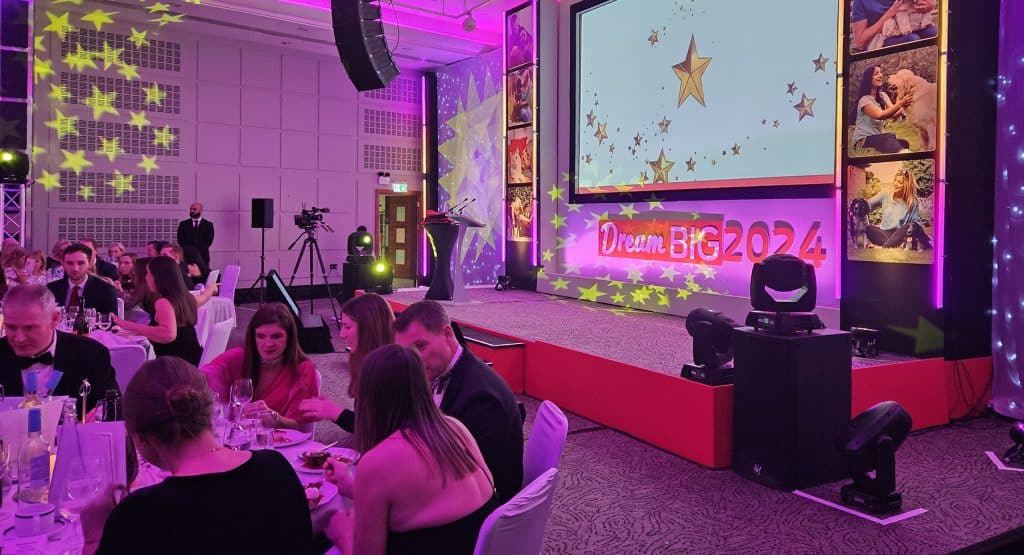About JB Communications

We’re a UK-based events and communications agency dedicated to helping organisations deliver conferences, workshops, and live events. We believe exceptional events don’t happen by accident — it’s all in the details: planning, clarity, and the attendee experience. If you’re organising a conference in the UK, you’ve come to the right place.
A well-structured conference schedule is pivotal to creating a seamless and engaging experience for all participants. Thoughtful planning not only enhances attendee satisfaction but also ensures the event’s objectives are achieved effectively.
Tips to Make Your Schedule Delegate-Friendly
- Optimise Session Lengths: Aim for sessions lasting between 20 to 45 minutes. This duration maintains attendee engagement and allows for meaningful interaction. Ensure each session includes time for introductions, transitions, and a brief Q&A segment.
- Incorporate Regular Breaks: Schedule short breaks between sessions to allow attendees to refresh and network. A longer lunch break provides an opportunity for more in-depth discussions and relaxation.
- Diversify Session Formats: A mix of presentation styles, such as keynote speeches, panel discussions, and interactive workshops, can cater to various learning preferences and keep the audience engaged.
- Allocate Time for Q&A: Designate specific periods within each session for questions and discussions. This encourages attendee participation and provides valuable feedback for speakers.
- Maintain a Logical Flow: Organise sessions in a coherent sequence, grouping related topics together. This approach helps attendees follow the content more easily and reduces the need for constant room changes.
- Build in Contingency Time: Allow for slight delays or technical issues by incorporating buffer periods between sessions. This flexibility helps maintain the overall schedule without causing disruptions.
Communicating the Schedule Effectively
Once your schedule is finalised, it’s essential to communicate it clearly to all attendees. Provide the agenda well in advance through various channels such as email, event apps, or printed materials. Use consistent formatting, clear session titles, and include speaker names and session objectives. This transparency allows delegates to plan their day effectively and enhances their overall experience.
Wrapping Up

Designing a conference schedule with the delegate’s’ experience in mind leads to a more organised and enjoyable event. By considering session lengths, breaks, formats, Q&A opportunities, session flow, and contingency planning, organisers can create an environment conducive to learning and networking.
Post-event feedback is invaluable; it provides insights into what worked well and areas for improvement, ensuring each conference is more successful than the last.
Get in touch today for any ideas on conference organising in the UK, and we’ll get back to you soon.
